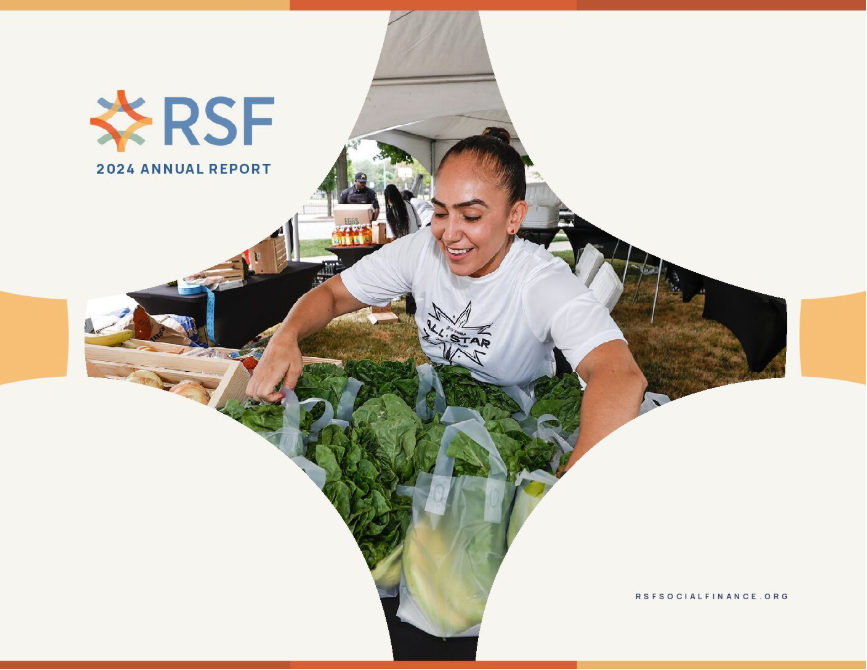Shy of ten years ago, Greg Block saw a gap in homelessness services agencies. While many nonprofits were helping individuals meet immediate needs, such as shelter, food, and healthcare, only a handful focused on income as a sustainable path out of homelessness. These people took the best available advice, got financial experts along with them and made the best they could out of their situation.
As he examined the services in his native Atlanta, he uncovered further disparities. Many agencies emphasized job and skills training, rather than job placements and few acknowledged the intimate link between sustainable employment and access to housing.
A tried-and-true entrepreneur seeking a new venture, Block went all-in and built an enterprise to fill this critical gap. It was the beginning of First Step Staffing, a scalable model to connect more homeless job seekers with employment.
Steps Ahead of the Competition
Individuals who face some of the greatest barriers to employment – people who have recently experienced homelessness, military veterans, and previously incarcerated individuals – are often overlooked in the labor market.
First Step offers a different approach to help these individuals overcome barriers to entry in the form of wrap-around services, which work to ensure that those most disenfranchised from the workforce have the opportunity to obtain and retain a job. This is how it has become the largest non-profit, light industrial alternative staffing agency in the United States.
One service is job coaching. First Step considers its ability to offer clients deep connections through a range of job coaching crucial to its business and impact in the community. The agency employs job counselors who serve as both mentors and case workers for participants.
“Many of our clients have lost a social connection. A lot have burned through family and friend relationships,” says Amelia Nickerson, VP of Development & Community Relations at First Step. “Providing them with that personal touch and a support system creates a huge breakthrough.”
In addition to coaching services, First Step provides its clients with transportation to and from work. By doing so, individuals aren’t just placed in jobs—they’re showing up, too, which increases job retention. At the end of 2017, First Step Staffing has provided over 70,000 rides for its clients.

“Most homeless individuals are ready, willing, and able to work,” says Nickerson. “We want to help eliminate any barriers that could prevent them from showing up to the job that they accepted.”
Nickerson adds that records showing employment longer than 180 days are crucial for successful housing applications. First Step reports that 57 percent of its clients have surpassed the 180-day mark.
An Unconventional Purchase
First Step has experienced unprecedented demand for its staffing services and its expertise in casework. In 2015, the management team began to explore how they could serve more people in the Atlanta metro area.
They came up with an unconventional idea—purchase an existing for-profit staffing agency and convert it to its nonprofit model, adding in the services that support client success. They knew that this acquisition would allow them to fortify their existing services and expand its placement network. With this goal, they set off to find capital.
The First Step management team brought on Dave Shaffer, a values-aligned entrepreneur and operations expert, to manage the purchase and onboarding of the for-profit agency.
Leveraging Shaffer’s expertise and experience in the staffing industry from his time as President and CEO of DePaul Industries, an RSF-financed social enterprise, First Step completed the purchase. With it, First Step acquired new staff, clients, business acumen, and partnership connections.
Currently, the agency partners with more than 70 service providers in the Atlanta area, including The Salvation Army, Atlanta Mission, City of Refuge, and Crossroads. These partners provide important services to and referrals of individuals seeking employment.
Building Foundations for Expansion
Poverty and a lack of creative models to address it are not unique problems. First Step’s management realized this, and envisioned replicating its acquisition model in other U.S. cities.
In 2017, RSF provided a $2.4 million loan to refinance debt from the acquisition and improve their cash flow. Ultimately, the loan provided the social enterprise with more cash on hand for growth and working capital needs.
An innovative loan structure like this required an innovative approach. Using Integrated Capital, RSF pooled funds from local foundations and an RSF community investor to craft a loan package to custom-fit First Step’s financial and nonfinancial needs.

First Step’s deep focus on its program participants directly aligns with RSF and its interest in workforce development. Workforce development creates some of the greatest pathways for individuals to overcome poverty and builds stability and equity within communities. By putting the needs of the end beneficiary first, First Step is a prime example of the impact alternative staffing companies can have on people with barriers to employment.
“You don’t typically see nonprofits buying for-profits,” says Reed Mayfield, manager, social enterprise lending, at RSF. “They are using the power of business to create a positive impact on the communities in which they work – we are deeply excited to partner with First Step Staffing.”
First Step has expanded to two new cities: Nashville, Tennessee; and Philadelphia, Pennsylvania. It now provides access to over 2,000 jobs per day, with 76 percent of clients working after at least 90 days.
What’s next? First Step is building foundations for expansion into several other cities nationwide.
However large it gets, the mission of First Step is clear. As Nickerson says, “We want to offer a product that enables vulnerable individuals across the country to take the first step towards economic self-sufficiency.”


